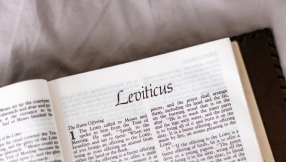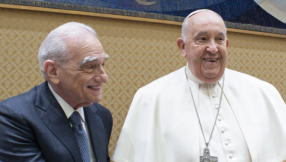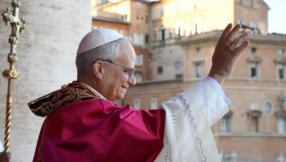No churches left in Afghanistan - US State Department
The absence of Christian churches and schools exists despite the decade-long war the United States has been fighting against the Taliban and the $440 billion taxpayers have shelled out for the war.
According to the department's annual International Religious Freedom Report for July through December of 2010, released just last month, "There is no longer a public Christian church; the courts have not upheld the church's claim to its 99-year lease, and the landowner destroyed the building in March."
The reported added, "Chapels and churches for the international community of various faiths are located on several military bases, PRTs, and at the Italian embassy."
The US State Department's report cites hostility from Afghan locals toward Christians as one of main reasons behind the disappearance of Christian churches and schools altogether. This hostility was not only directed at Christians, but also other religions outside of the Muslim majority which most of the population subscribes to, such as Hindus and Sikh groups.
"The government's level of respect for religious freedom in law and in practice declined during the reporting period, particularly for Christian groups and individuals," the report said.
"Residual effects of years of jihad against the Soviet Union, civil strife, Taliban rule, popular suspicion regarding outside influence and the motivations of foreigners, and weak democratic institutions remained serious obstacles...Negative societal opinion and suspicion of Christian activities led to targeting of Christian groups and individuals, including Muslim converts to Christianity. The lack of government responsiveness and protection for these groups and individuals contributed to the deterioration of religious freedom."
Additionally, the report details the Islamic government's strong disapproval of those who convert to other religions, further hampering citizens from practicing Christianity in any form.
"Conversion from Islam is considered apostasy and is punishable by death under some interpretations of Islamic law in the country," said the report.
"The criminal code does not define apostasy as a crime, and the constitution forbids punishment for any crime not defined in the criminal code; however, the penal code states that egregious crimes, including apostasy, would be punished in accordance with Hanafi religious jurisprudence and handled by an attorney general's office prosecutor ... During the year, according to the Attorney General's Office, no penalties have been imposed, although two men were in detention for conversion to Christianity."
The State Department's report also revealed that there was one remaining Jewish citizen, and one synagogue in Kabul that was not being used " for lack of a Jewish community".













